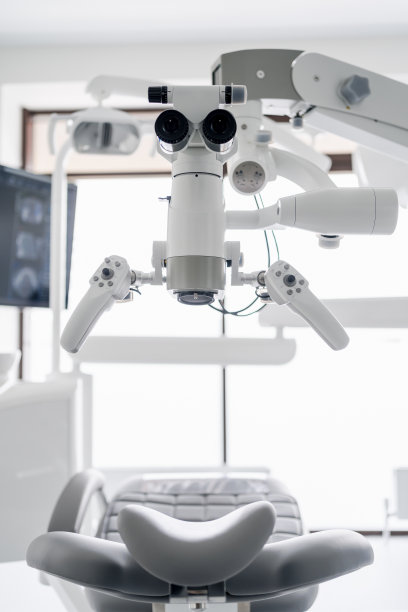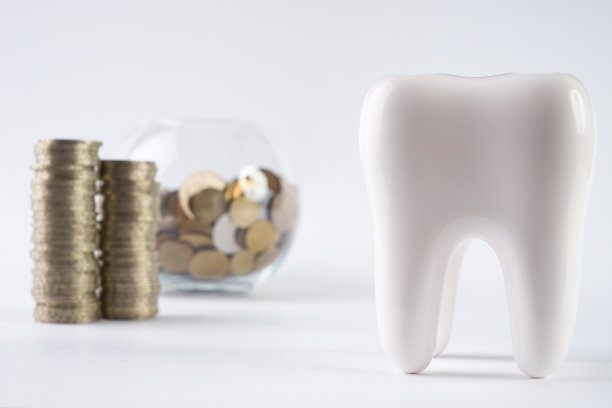Summary: Dental filling treatments are essential for maintaining optimal oral health, especially after experiencing dental decay or damage. Following specific guidelines and precautions before and after the procedure can significantly enhance the longevity and effectiveness of dental fillings. This article delves into essential steps that patients should consider, highlighting pre-treatment preparations, post-treatment care, dietary adjustments, and regular follow-ups with dentists. By adhering to these practices, patients can ensure a smoother recovery and minimize the risk of complications, ultimately promoting better oral health overall.
1. Pre-Treatment Preparations for Patients

Before undergoing a dental filling, it is crucial for patients to adequately prepare for the treatment. First, a thorough dental examination should be conducted to assess the extent of decay and determine the best type of filling material. Consulting with a dentist helps in developing a personalized plan that suits individual needs.
Next, understanding the treatment process can alleviate anxiety. Patients should ask their dentist about what to expect during the procedure, including the type of anesthesia that will be used. Knowing these details can make the experience less daunting and help patients feel more in control.
Lastly, it is advisable to arrange for post-treatment transportation, particularly if sedation is administered. Patients may feel groggy or unable to drive after the procedure; thus, having a friend or family member available can ensure a safe return home.
2. Essential Post-Treatment Care Guidelines
After receiving a dental filling, following post-treatment care guidelines is vital for ensuring healing and comfort. Initially, patients should avoid eating for at least two hours post-procedure, particularly if local anesthesia was used, as they may not feel their mouth properly and could accidentally bite their cheek or tongue.
In addition to dietary restrictions, it is essential to maintain excellent oral hygiene. Patients should resume brushing their teeth gently but avoid the filled area for the first 24 hours. After that, they can gradually return to their normal oral care routines, including flossing, to promote healing.
Furthermore, be mindful of any discomfort or sensitivity following the treatment. Over-the-counter pain relievers can help manage any pain, but if symptoms persist or worsen, patients should promptly consult their dentist for advice.
3. Dietary Adjustments After Dental Filling
The type of food consumed after a dental filling can significantly impact healing and the longevity of the filling. It is advisable to stick to soft foods for the first few days. Options such as yogurt, mashed potatoes, and smoothies are gentle on the teeth and can minimize discomfort.
Alongside soft foods, avoiding sticky and hard substances is essential. Foods like caramel, taffy, or hard candies can dislodge or damage the newly placed filling, compromising its integrity and requiring further dental work.
In addition to food choices, patients should also pay attention to temperature extremes. Consuming extremely hot or cold items can irritate the filled tooth, so it is wise to allow foods and drinks to reach a moderate temperature before consuming them.
4. Importance of Regular Dental Follow-ups
Regular dental follow-ups are crucial for maintaining optimal oral health, especially after receiving a dental filling. Scheduling a follow-up appointment allows the dentist to evaluate the effectiveness of the filling and address any concerns that may arise.
During these appointments, patients should openly discuss any issues they may have experienced since the procedure, including sensitivity, pain, or other abnormalities. This proactive communication helps in identifying potential problems early, preventing further damage or complications.
Moreover, consistent check-ups foster better oral health through professional cleanings and examinations, ultimately extending the life of dental fillings and promoting overall dental wellness.
Summary:
In summary, preparing adequately before a dental filling and adhering to post-treatment care guidelines are essential for achieving the best outcomes. Dietary adjustments and regular dental follow-ups further enhance oral health and the longevity of dental fillings. By taking these steps, patients can ensure a smoother recovery and a more positive dental experience.
This article is compiled by Vickong Dental and the content is for reference only.
Vickong Dental
Vickong Dental is a large medical group established in Hong Kong in 2008 by professors from well-known medical universities in Guangdong and Hong Kong, as well as medical doctors from key national '985' universities (including Master's supervisors and senior professors). The chain of branches brings together expert dentists with PhDs and Master's degrees from Hong Kong and Mainland China, committed to providing high-quality dental treatment.
"Vickong Dental Practices the University Motto of 'Healing and Serving Society,' with a Stable Operation for Sixteen Years. It Has Been honored with Hong Kong Enterprise Leaders's Choice,' and is a Global Trusted Implant Center for the Nobel Implant System. Recommended by Hong Kong Metro Broadcast and Guangdong Television, it Serves Customers from Over Thirty Countries and Regions, Gaining the Trust and Favor of Citizens from the Guangdong-Hong Kong-Macau Greater Bay Area and Surrounding Cities.

Thousands of customers' unanimous praise
The most recognized and highly recommended dental service by customers in the Guangdong-Hong Kong-Macau Greater Bay Area
We Ensure You Receive Detailed Care and Attention Here
Hong Kong standards, Shenzhen prices, Your Trusted English-speaking dentists

Vickong Dental Medical-Grade Instrument Disinfection Process
Vickong Dental Medical-Grade Instrument Disinfection Process

Vickong Dental Chain: A Warm and Comfortable Environment for Treatment






Appointment Hours

Q&A
Why choose Vickong Dental?
Vickong Dental practices the university motto 「Medicine to Benefit Society」, with each branch bringing together highly qualified dentists with doctoral and master’s degrees from Hong Kong and the Mainland, and has maintained seventeen years of steady operation。Recipient of 「2024 Hong Kong Enterprise Leaders Brand」, 「2025 Hong Kong Enterprise Leaders Brand」, a Nobel Biocare Global Trusted Implant Center, and a brand recommended by Metro Radio Hong Kong and Guangdong TV。
To date, we have served customers from more than thirty countries and regions,earning exceptionally high word-of-mouth recognition and trusted recommendations from residents across the Guangdong-Hong Kong-Macao Greater Bay Area and surrounding cities
We have eight major branches in Zhuhai、Shenzhen,and a consultation and service assurance center in Hong Kong,so you can book a free consultation at any time for any questions,which is very reassuring.
If I do not accept the quotation after the CT scan, will I be charged??
No! As long as the actual treatment has not started, you will not be charged any fees.
Will there be any additional charges during the treatment process?
No, there won’t be any additional charges. Before treatment begins, we will clearly explain the treatment plan and its corresponding fees. Only after the patient agrees and signs the consent form will we proceed with the dental service.
Can I pay in Hong Kong dollars?
Yes. Vickong Dental accepts payment in Hong Kong dollars. The amount will be converted based on the exchange rate of the day, and the applicable rate will be clearly communicated to you in advance.
Can I reschedule my appointment at any time?
Yes. Please contact us via **WeChat** or **WhatsApp** as early as possible, providing your original appointment time and details, along with your preferred new date and time slot for rescheduling.













